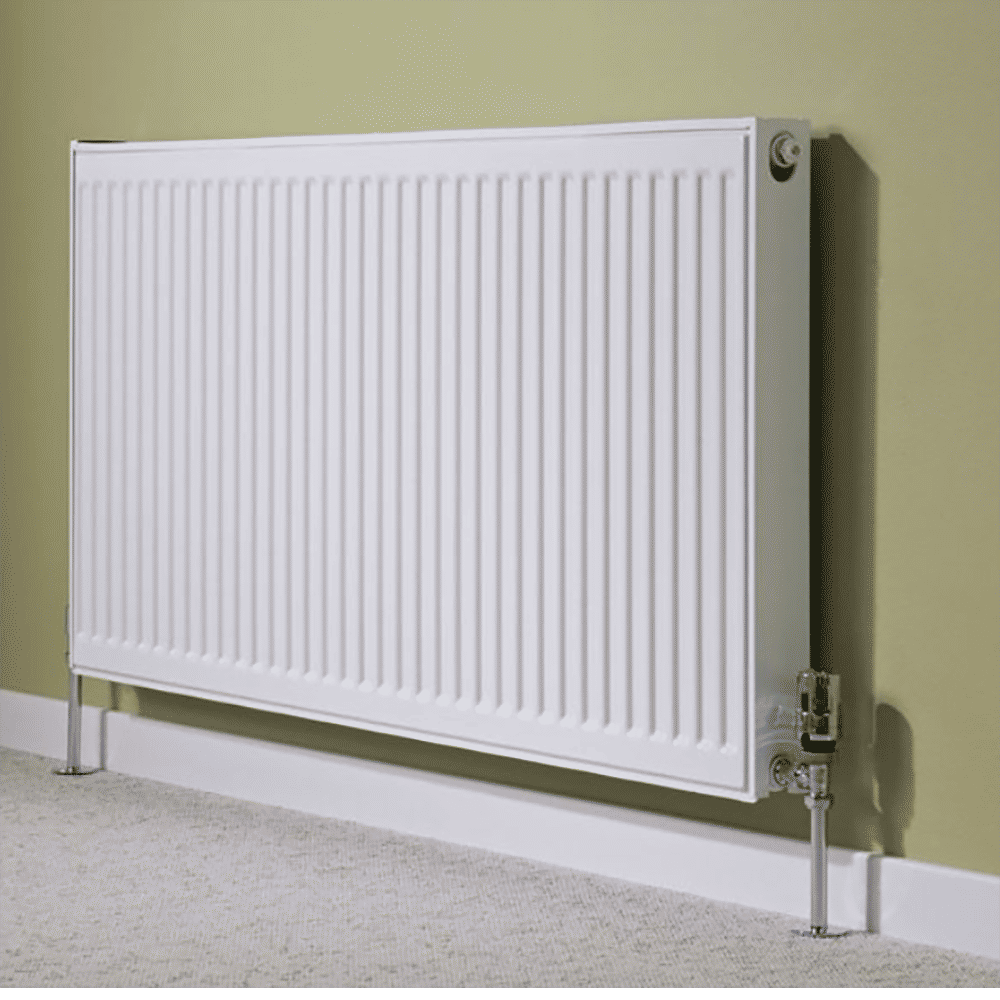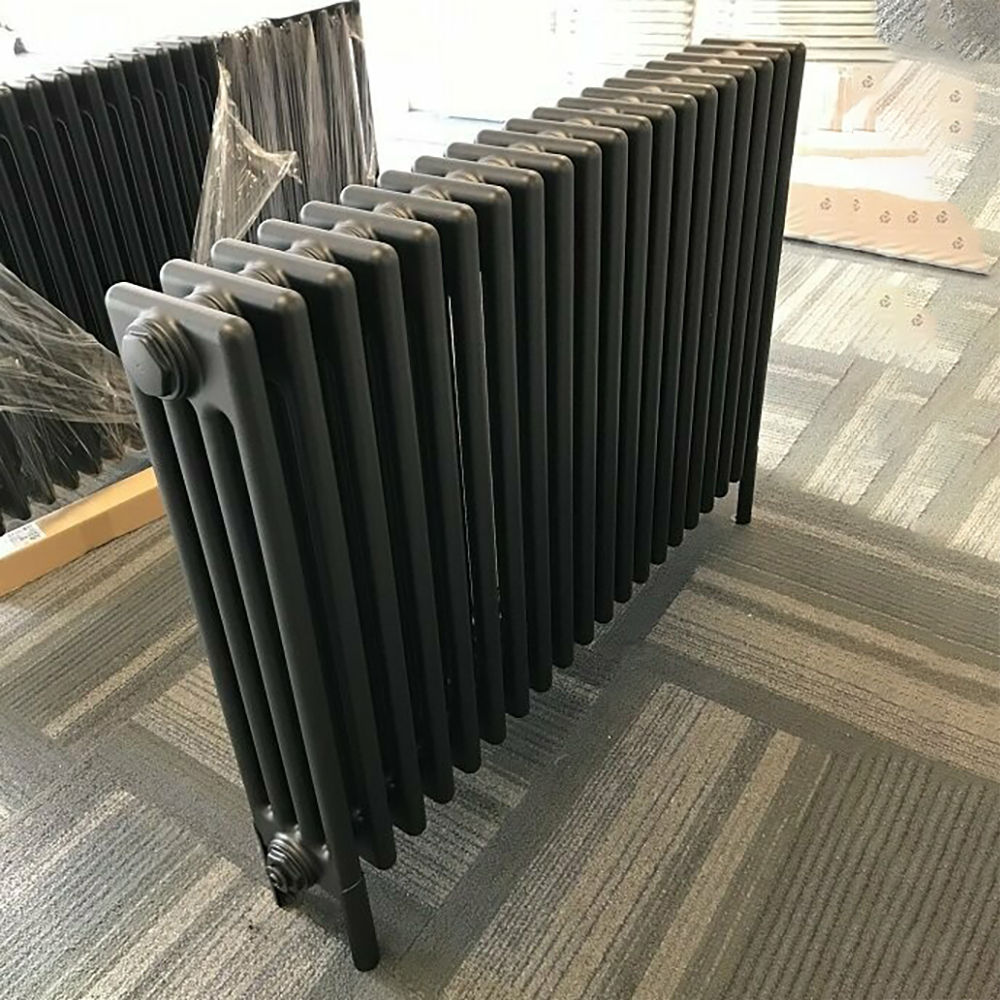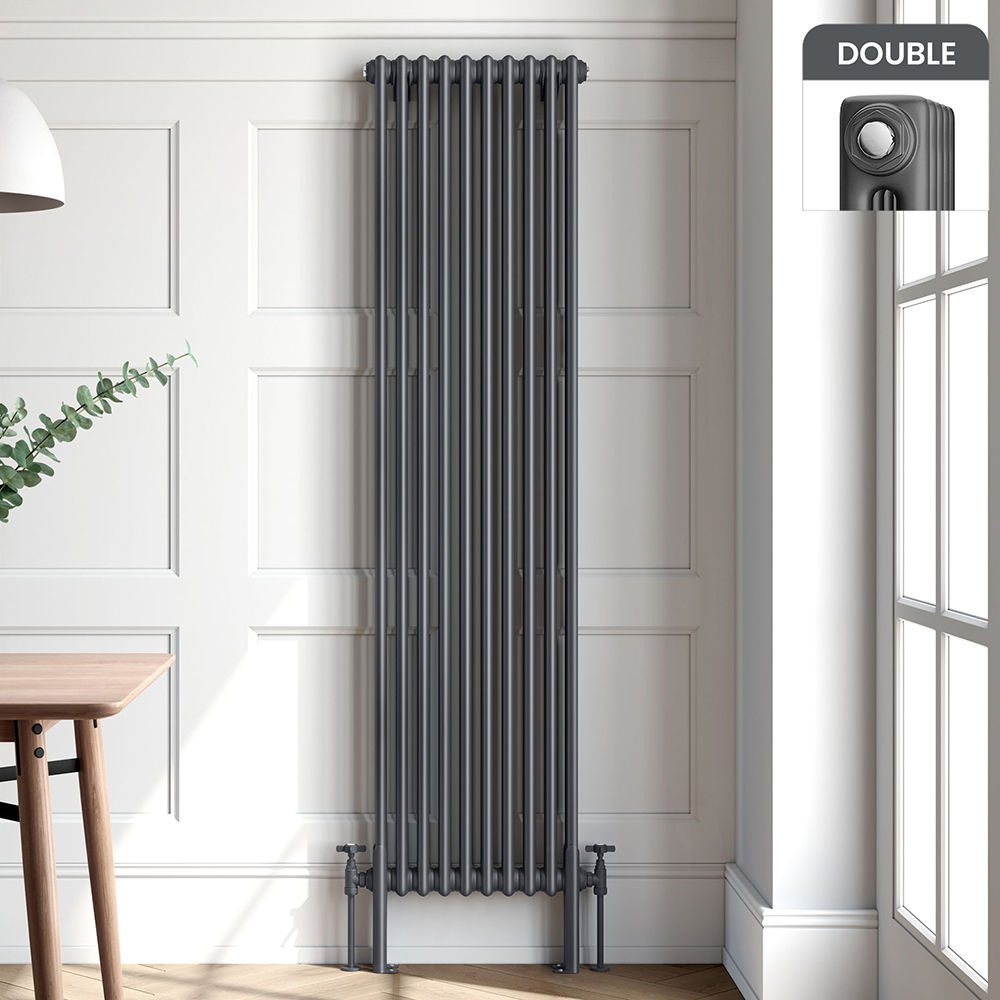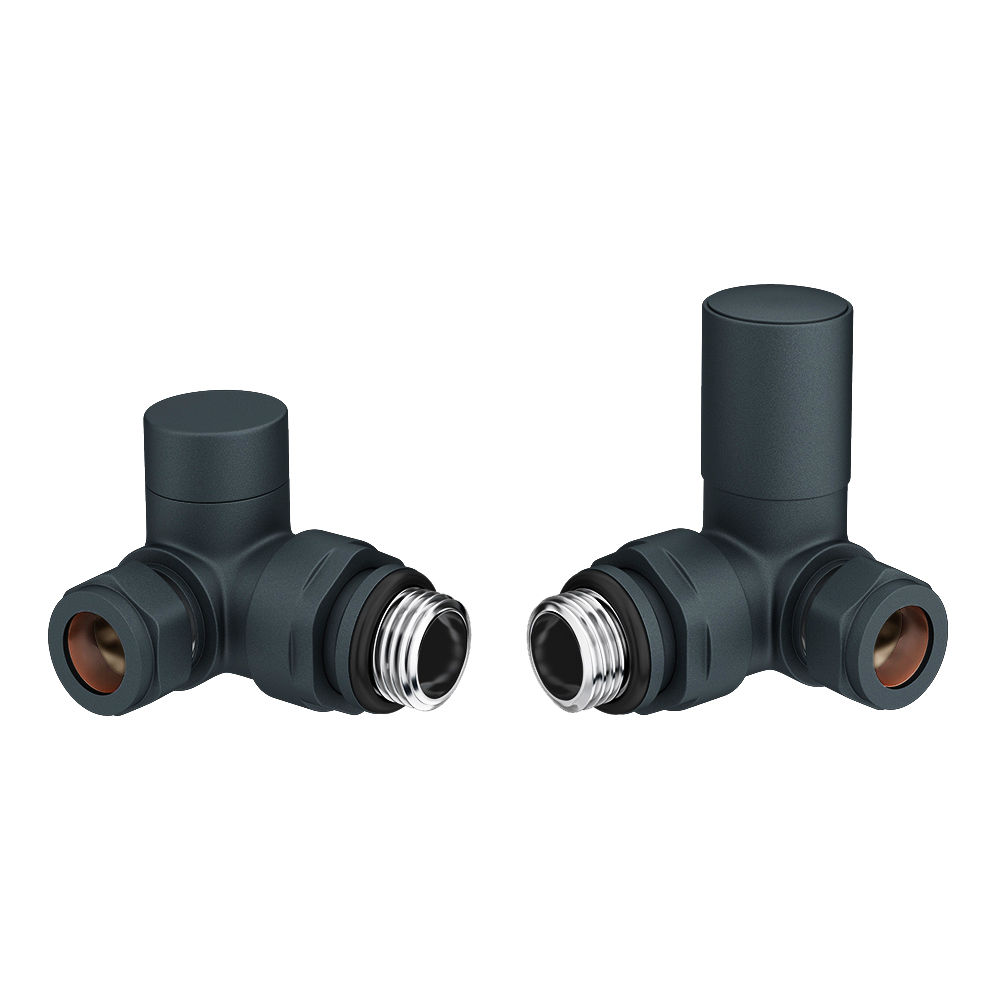Radiator Replacement By iFixxer
Radiators are a crucial part of the property’s central heating system. They provide heat throughout the building, keeping occupants warm during the winter season. If the radiators at your property are properly maintained, they can last for many months and even years without needing to replace them. However, a time will come when they must be replaced due to the occurrence of the wear and tear over the years of usage.
There are several types of radiators that are available in the market:
Standard
Column
Cast iron
Vertical
Designer
Some Common Questions often asked by Customers
When it is needed to replace a radiator?
The average lifespan of modern radiators varies between 10 to 15 years. Older radiators become less efficient over time even if they are working perfectly for more than 10 years. However, they are more likely to develop problems within them, for example, internal corrosion and issues with hot water.
How long will it take to replace a radiator?
The overall time it takes is around 2-3 hours to replace the radiator. Each radiator takes a maximum of 2 to 2.5 hours to be replaced. Along with it, the system drain-down and refills time grabs another 30-35 minutes. However, in worst case scenarios, replacing radiators can be a full day's work. iFixxer has their own plumbing professionals who can replace the radiators effectively and efficiently.
What is the cost for radiator replacement?
iFixxer offers affordable and cost-effective radiator replacement services ranging from £99 to £200 maximum.
How often should radiators be serviced?
Plumbing tradespeople at iFixxer recommend having your system serviced once in every twelve months. This is a legal requirement for landlords and is strongly advised.
Signs for Installing New Radiators
If you are aware of the signs to replace your radiators, it can save you money on energy bills and also ensure that everyone stays comfortable inside the property during winters. If you understand the warning signs that are associated with aged and faulty radiators, you can ensure that your radiators are functioning properly every time.
Now, let’s discuss the signs that will indicate the time to install new radiators at your home or office.
Overheating
Coolant leak
Radiator sludge
Rusty radiator
Low coolant levels
Fluctuating temperature gauge
Discoloured coolant
Heater malfunction
Leaks
Old Style of radiators
Thermostat
Clogged fins
Damaged radiator fins
Fluid discoloration
Radiator hose problems
Shifting issues
Water Pump
Your coolant level drops
Problems / Issues Occurs in Radiator
The first thing you need to notice is whether the issue is with one radiator or several radiators existing at your property. Determining this will help you in getting down to the problem. Some of the radiator issues can be straightforward which means that you can easily fix it by yourself, whereas some require professional assistance.
One Radiator is not Working: Following causes occur when a problem exists in only one radiator of your home. So, let’s have a look at some of the potential issues:
Before considering any issue, it's better to check whether you have switched ON the heating system.
Air pockets within the Radiator
You might have noticed sometimes that the radiator is cold at the top and there is some heat at the bottom. If you notice this, then this is a big indicator that the issue is simply the existence of air within the system.
Radiator Thermostat is not Working Properly
The issue can be the valve of thermostatic radiator control has switched from setting on to a particular temperature to getting switched OFF. If the valve has been set to a higher temperature then the valves would not have seized in a closed state.
Accumulation of Sludge, Debris or Blockage
You may have noticed some issues within the radiator such as:
The radiator is cold at the bottom and hot at the top.
Some rooms are colder than others as your central heating system takes some time to warm up.
This is an indication that debris or a sludge has accumulated or most likely to have a blockage in the radiator. Due to this, hot water does not circulate because of the build-up that exists at the bottom of the radiator. In such cases, it is better to seek professional help to deal with such problems.
A Radiator Leak
You might have noticed a lot of water coming out from the pipework. It is evident that a leakage is the problem and it is normally caused due to the existence of corrosion. This means that your system is poorly maintained and needs to be cleaned out thoroughly. Though, it is the worst-case scenario.
This can be very frustrating, as this means that it is time to replace your radiator.
Diverter Valve Fault
Following conditions indicate that there is an issue with a diverter valve:
If you are getting hot water into your taps but not to your radiators, this could be an indication that the diverter valve fault is stuck.
Moreover, the controls are not working correctly but the pressure is correct, yet there is still not any flow.
Diverter valve fault is not something that you should try to fix by yourself. It is better to get in touch with tradespeople.
An Issue in Central Heating Controls
This problem exists when your boiler is working as it should be and the pressure is also within the limits, but still the radiators are not getting turned on. This could be a problem with the electronic control panels that operate the timing of your central heating system and signals to your boiler.
Generally, this problem is very rare, but still it can happen sometimes.
Boiler Pressure is Too Low
Combi boilers work in a closed-loop system and they are pressurised between one to two bars. If your boiler is not pressurised properly, then it will not provide the hot water that is needed to warm the house.
Corrosion
It is one of the most noticeable issues that you usually get to see on the radiators or on the heating panels that you use at your home. Corrosion can appear on the panels of the radiator, on the pipework or can also exist within the heating system and can cause major issues over time.
There are various benefits that can come with replacing the radiators at your home or office:
Provide Better Heat: Replacing the old radiator with a new one will offer better heat.
Installing Modern Radiator: All the modern radiators such as thermostatic radiators are energy efficient. This means that the initial cost of installing new radiators might be a lot for you, but it will cost a lot less when you have the central heating ON.
Radiators like thermostatic are gas safe and give you greater control over the temperature in every room. Moreover, modern radiators come in a wider range of styles, designs and colours such as wide or vertical panels which suit your home or office more than the older models were used to.
Types of Radiator Replacement Services iFixxer provides
iFixxer provides following types of Radiator Replacement services:
Standard Radiator Replacement
Column Radiators Replacement
Tower Radiators Replacement
Towel Radiators Replacement
TRV Radiators Valves Replacement
Maintenance of your Radiators
Servicing makes our radiators run smoothly and consistently provide heating to your building efficiently for a longer run. If you have not maintained your radiators before, it is better to get them serviced as soon as possible to stop the occurrence of problems ahead of time.
Keep your Radiators Efficiently Working
It is very common with people that they don’t think about getting their radiators serviced and maintained until they stop working. It is very unfortunate, by that point your radiator is no longer in a working condition. There can be numerous reasons your radiator may stop working during the winter season - the time when you need them the most.
If your radiators has already stopped working, in such conditions iFixxer can help:
Stop problems before they start
If your radiators have stopped working this means that you have already lost heating. At this time, it can become a very urgent and expensive problem to be fixed. Instead, it's better to get your radiators serviced ahead of time. Plumbers at iFixxer will conduct a thorough check of your radiators and fix anything before it becomes a bigger issue down the line.
Regular radiator servicing
It’s highly recommended to get your radiators serviced at least once a year. The best time of the year for servicing your radiators is in the autumn season, before winter begins. Numerous households have their central heating switched off during the summer season, therefore it's very common to get the festering problems that tend to rear their heads around this time.





